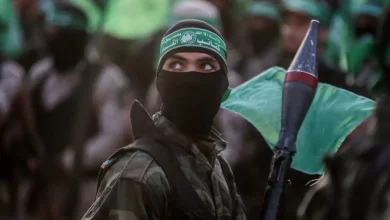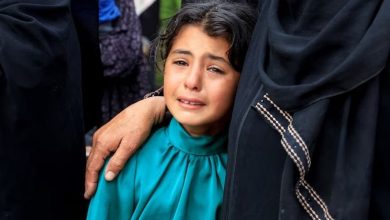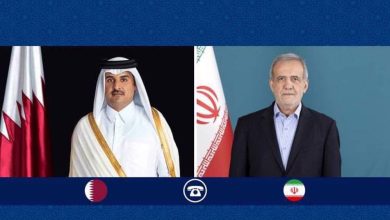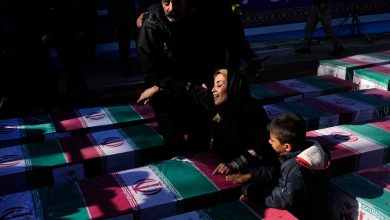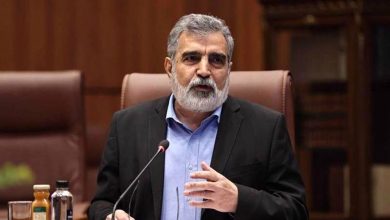Hamas announces readiness to proceed with the planned captive-prisoner exchange, contingent upon Israel fulfilling its obligations
The Palestinian resistance group Hamas has announced plans to initiate the sixth phase of the captives-prisoner exchange on Saturday, provided that Israel fulfills its agreed commitments.
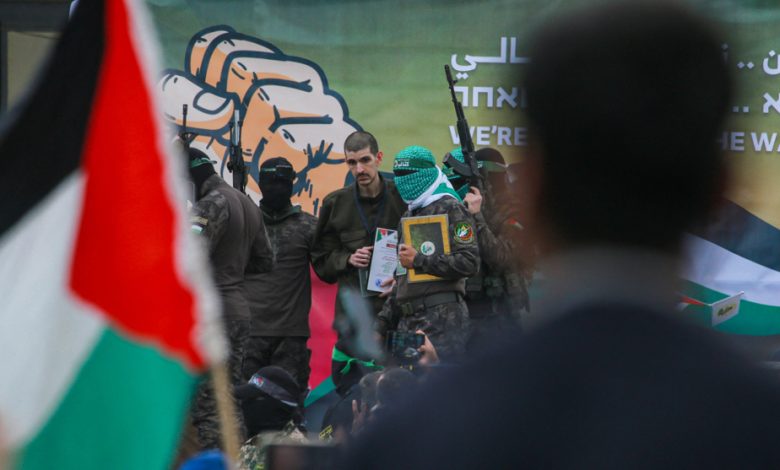
According to Palestinian sources involved in the negotiations, substantial progress has been achieved in upholding the ceasefire agreement between Israel and Hamas. This advancement is set to pave the way for an anticipated exchange of captives and prisoners. The development was reported on Thursday.
According to a source, Hamas has assured Egyptian officials of its commitment to proceed with the planned sixth prisoner exchange on Saturday, contingent upon Israel fulfilling its own obligations in the matter.
An informed source has revealed that mediators have successfully obtained an agreement from the Israeli government to initiate a humanitarian protocol, set to commence on Thursday morning.
Hamas has dispatched a delegation, headed by its principal negotiator and Gaza leader, Khalil al-Hayya, to Cairo for talks with Egyptian authorities. According to a statement from the organization, the discussions aim to oversee the enforcement of the recently established ceasefire agreement.
The statement highlighted that recent discussions have focused on guaranteeing the comprehensive execution of the agreement’s terms. This includes the provision of shelters, swift distribution of prefabricated homes, tents, heavy machinery, medical supplies, fuel, and a steady influx of humanitarian aid, alongside all other outlined commitments.
Hamas has issued a warning that the release of Israeli captives might face delays, citing violations of a ceasefire agreement by the Israeli military. The alleged breaches include deadly shootings, the obstruction of humanitarian aid deliveries, and the imposition of restrictions on Palestinian movement towards northern Gaza.
The ceasefire, initiated on January 19, has effectively curtailed over 15 months of genocidal conflict. It has also facilitated the release of Israeli hostages in stages, in exchange for Palestinian prisoners held in Israeli detention facilities.
The agreement is facing mounting pressure as Hamas accuses Israel of not fulfilling its obligations, particularly regarding aid provisions. Tensions have intensified following the deaths of three Palestinians in recent attacks over the weekend.
In a statement released on Wednesday, the United Nations Office for the Coordination of Humanitarian Affairs (OCHA) announced that 801 aid trucks had successfully crossed into Palestinian territory. This operation was executed in cooperation with Israeli authorities and under the framework of the ceasefire agreement’s guarantors.
Despite ongoing efforts, the United Nations Office for the Coordination of Humanitarian Affairs (OCHA) has raised concerns over the severely restricted access to the conflict-affected region. Critical limitations persist on the delivery of essential supplies, such as fuel and medical equipment, amplifying the challenges faced by humanitarian agencies on the ground.
The Israeli government has issued a threat to launch a military campaign against Hamas, mirroring former US President Donald Trump’s strategy to relocate Palestinians from the Gaza Strip. This ultimatum demands the release of all Israeli hostages by Saturday, escalating tensions in the region.
Shortly after Hamas announced its refusal to succumb to US and Israeli pressures over the release of captives amidst a tenuous truce, a warning was issued.
The al-Quds Brigades, the armed faction of the Islamic Jihad movement, has issued a warning to Israeli Prime Minister Benjamin Netanyahu, holding Israel accountable for the well-being of captives in the Gaza Strip. The group emphasized its commitment to the ceasefire agreement, contingent on Israel’s continued adherence to the terms.

